Articles
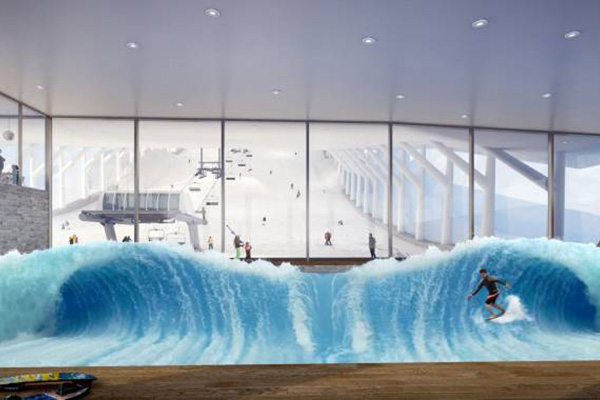
Sad, but true
Tignes, located in the French Alps, is responding to the retreat of glaciers, and thus of the available ski pistes, with a very special project of its own:
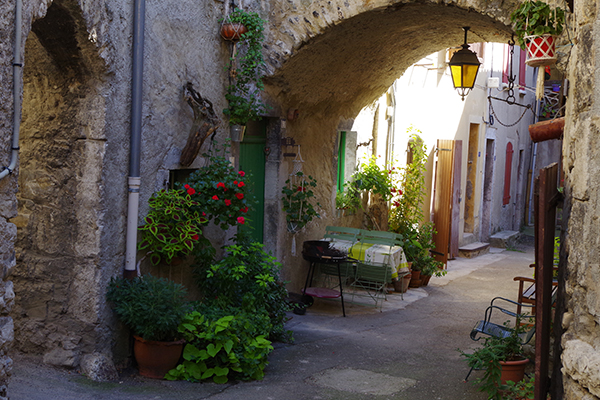
Democratic renewal: success and failure
People have been gathering every night in Paris since the end of March in the “Nuit debout” (Up all night) movement in order to discuss a world that is democratic, environmentally friendly and socially more just. What French cities dream of is already being tested for real in Alpine villages.
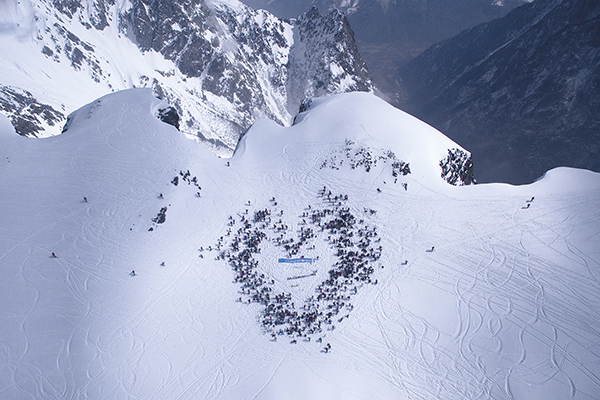
Better protection for natural spaces
Resistance is growing across the Alps against construction activities in pristine or largely unspoilt areas. CIPRA is making an appeal for integrative spatial planning to the Alpine states meeting this week in Murnau, Germany.
Strange but true...
soft guitar music, gentle singing, then the camera zooms onto a green, undeveloped hillside.
Strange but true...
When it comes to superlatives, the French also want to get in on the act.
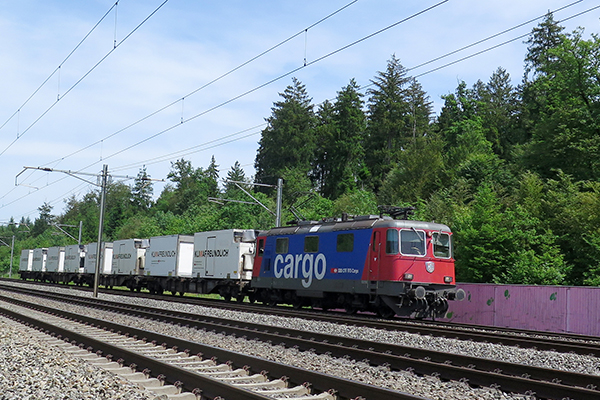
Getting the modal shift moving
Austria gives the green light for the construction of a controversial rail tunnel. At the same time, the Swiss Federal Office for Transport has published two reports that suggest that the modal shift of goods onto rail can succeed even without large infrastructure projects.
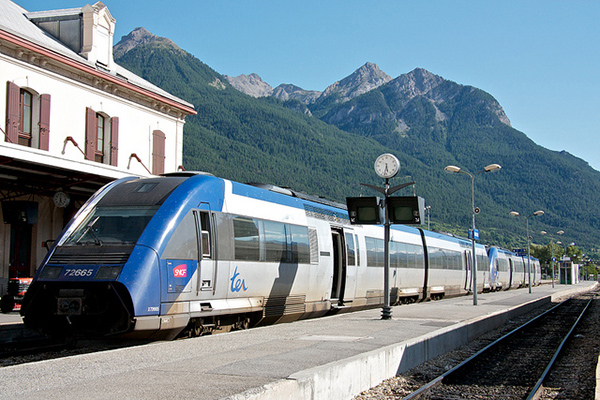
New French policy for the mountains
Thirty years ago, France passed a special law for its mountain areas. It is now undergoing a review. Here is a summary of the most significant amendments.
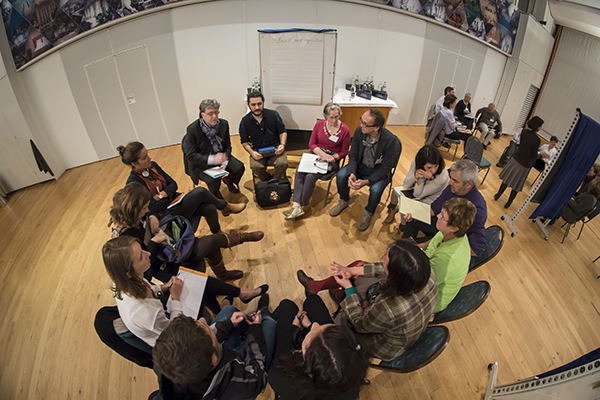
New models for a better life
The western economic model consumes the natural resources of three planet Earths. And it is spreading to developing countries – we are their role model.
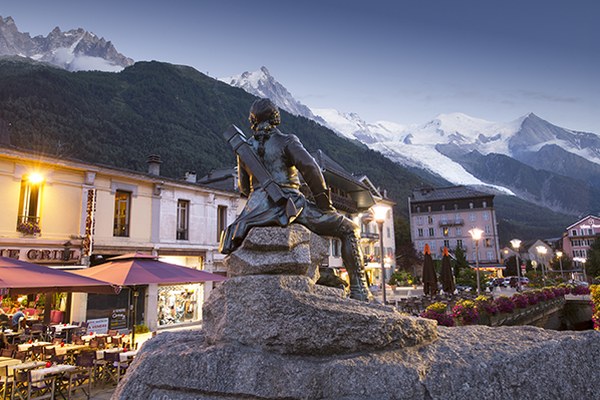
Chamonix is the 2015 “Alpine Town of the Year”
Located at the foot of the highest mountain in the Alps, Chamonix-Mont-Blanc, the “Capital of Alpinism”, has been awarded the title of “Alpine Town of the Year 2015”, mainly in recognition of its nature and climate protection policies.
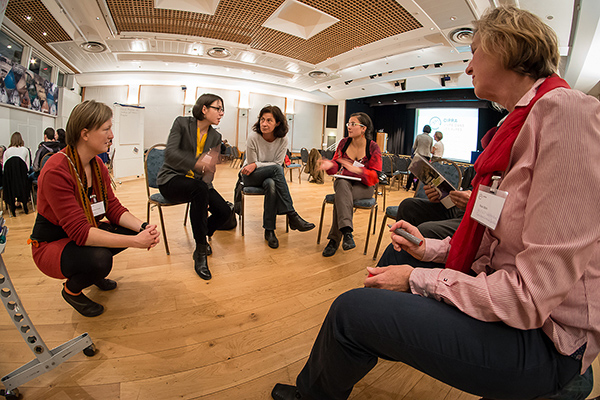
CIPRA presents pioneers of sustainable living
Lifestyles and economies that use fewer resources require new thinking and action that go beyond narrow limits and consumerism. This is the conclusion of the CIPRA annual conference held in Annecy, France.
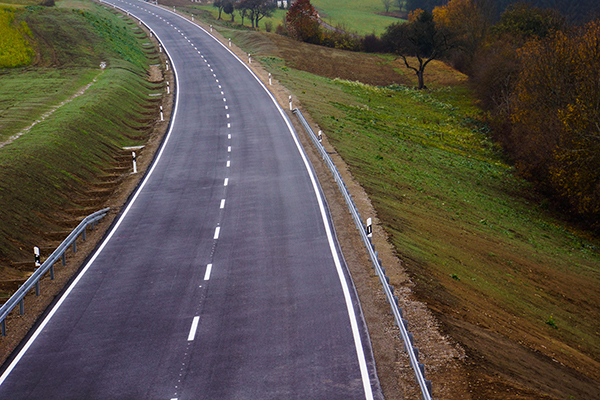
French Alps now almost networked
The French regions of Rhône-Alpes and Provence-Alpes-Côte d'Azur have for the first time enshrined migration routes for plants and animals in legislation – a first in the French mountains.
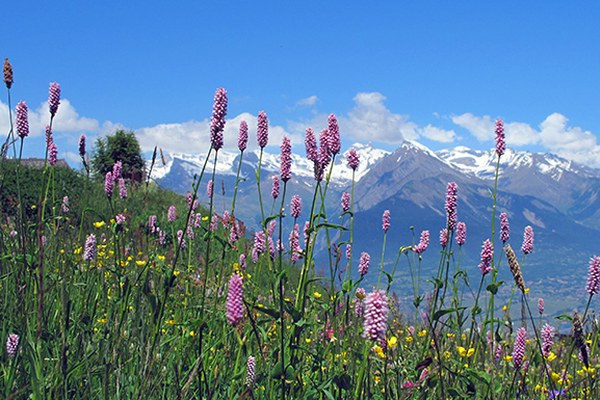
How policies can enable biodiversity
From 13 – 15 October 2014, the conference “How Policy can enable Biodiversity” will highlight opportunities for supporting biodiversity at the international and the local level. The conference, which will be held in Chambéry/F, will also present the findings of the greenAlps project.
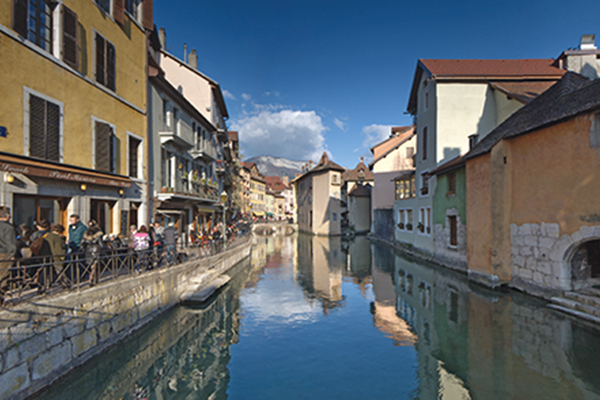
Looking for answers to resource shortages
Resources are finite, including those in the Alps. What solutions are available for living a good life that do not simply depend on ever more consumption? Some answers will be provided at the CIPRA Annual Conference to be held in November 2014 in Annecy, France
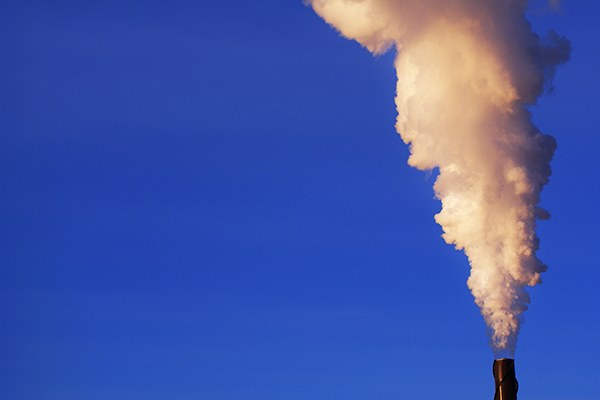
Bad atmosphere in the Alps
Never before have atmospheric CO2 levels been as high as those recorded in April 2014. Many Alpine valleys are suffering from poor air quality. This puts the health of many people in the Rhône-Alpes Region at risk - lower motorway speeds can be part of the solution.
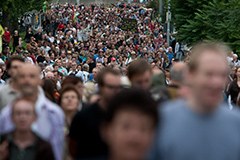
A public-shared sustainable energy action plan
The Natural Regional Park of Queyras (France, PACA region) launched its own sustainable energy action plan in May 2013. Its primary objective is to be shared among citizens and local stakeholders.
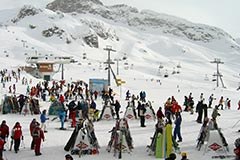
Energy efficiency in ski resorts!
How to reduce energy consumption and green house gases (GHG) emissions in ski resorts? A pilot action in the Pays Serre-Ponçon Ubaye Durance (Pays SUD, France).
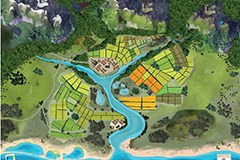
France paves the way for its green and blue infrastructure
After more than a year of discussions, France officially established its "trame verte et bleue" ecological network with the publication of a decree at the end of 2012. This Alpine country now has legal rules on how to define and implement its green and blue infrastructure.
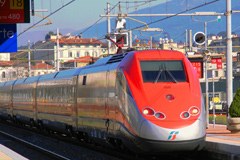
CIPRA's point of view:Italian French Summit: modal shift gets red light
The summit meeting last week between Italian leader Mario Monti and French president François Hollande covered plenty of ground - except for a rapid and effective modal shift from road to rail.
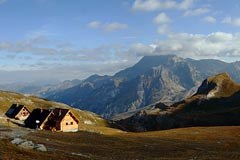
National park under discussion
The Vanoise National Park in Savoy has a new charter. Representatives from the worlds of politics, economics and civil society have been working on it for over five years. Environmental groups have given it their support, but criticise its limited impact. The municipalities are nevertheless reluctant to sign up to it.

The French ecological network becomes regional
The main aim of the French "Green and Blue Infrastructure" ("Trame Verte et Bleue" - TVB) is to stop biodiversity loss. The ecological network is in addition a powerful tool for spatial planning. The two Alpine regions Rhône-Alpes and Provence-Alpes-Côte-d'Azur have started to set up this new planning tool.
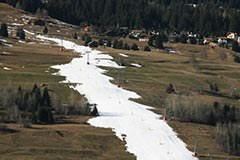
Winter tourism: lateral thinking in Savoy
The skiing area of Biot/F sees ever less snow, and the resort is deep in debt. The local mayor now wants to get rid of the lifts and develop other forms of tourism. A visionary decision in the western Alps.
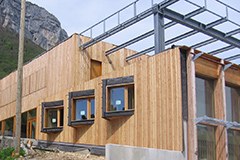
In summer cool, in winter warm
The European Union Directive on the energy performance of buildings takes effect from July. Low-energy buildings will be mandatory as from 2021. The community centre of Saint-Jean-d'Arvey already meets these criteria. The building, made of regional wood, will open at the end of June - a first.
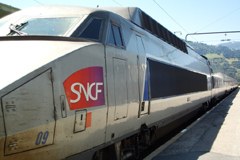
Lyon-Turin: Environment Ministry gives bad marks
Criticism of the planned Lyon-Turin rail line is growing: environmental organisations have rejected the megaproject, as has the conservative UMP party in Savoy. The French Environment Ministry is now also expressing doubts.
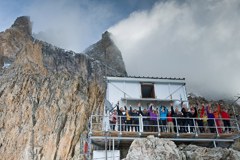
CIPRA's point of view: An appeal for the mountains
Bigger, faster, further: not even the mountains are immune to this mantra of growth. CIPRA France is thus seeking visions for a sustainable future for both people and mountains.
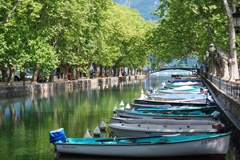
Annecy is the Alpine Town of the Year 2012
For years now the French town of Annecy has been pursuing a policy of sustainability. As a reward for its efforts the principal town of the Haute-Savoie département and its 53,000 inhabitants have been nominated as the Alpine Town of the Year 2012.

The spectacle of a new Mont Blanc cable car
Ground-breaking ceremony for Courmayeur/I's new cable car up to the Pointe Helbronner: Over a four-year construction period the glass and steel colossus, which is set to cost over EUR 100 million, is to replace the installation built in the 1940s and 1950s - and showcase the Mont Blanc even more magnificently.
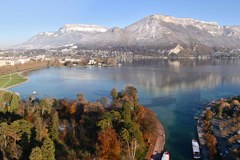
Olympic bid by Annecy: repercussions underestimated
French environmental protection agencies have said that the "impact of the Olympic Games on the environment are widely underestimated in the application documents".
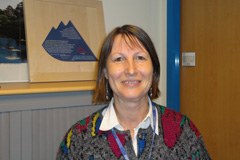
Calm and collected in a heated discussion: Pascale Poblet, CCP Project Manager "There's no stress involved in travelling by bus or by bike."
With a commuter plan that encourages the use of modes of transport other than cars the STMicroelectronics and ST-Ericsson site in Grenoble/F is committed to eco- and climate-friendly mobility. For this initiative the company was awarded one of the cc.alps competition prizes worth 10,000 euros. Pascale Poblet, CCP (Company Commuter Plan) Project Manager, explains why the company's workforce is in such great shape and why the company's kitty has benefited as a result.
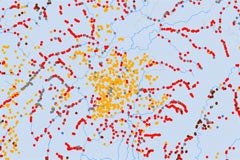
Obstacles and facilitations for the movement of fishes
An inventory of all the artificial barriers that impede the flow of rivers has found out that French rivers are interrupted by 60,000 dams, weirs, locks, mills etc. The inventory has been recently published as a online map where the works are shown divided by department, municipality or watercourse. All these works obstruct the movement of migratory aquatic organisms and the transport of sediments, thereby affecting ecosystems.
Sharing connectivity knowledge within and beyond the Alps and visualising corridors and fragmentation
100 persons from eight European countries followed the invitation to the workshop in Grenoble, France, in November and used this opportunity for active knowledge transfer on ecological networks. The workshop discussions have helped the ECONNECT partners to agree on the appropriate methods which they are now using for modelling habitats and corridors for the whole Alps and for visualizing barriers.